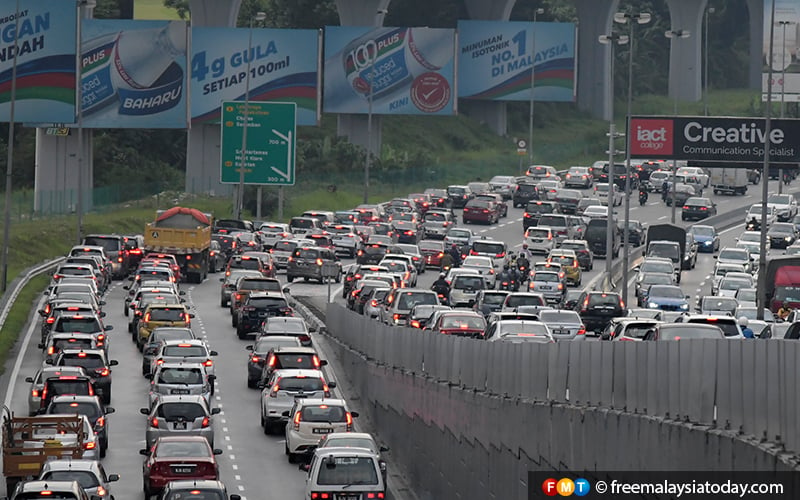
PETALING JAYA: An anti-graft watchdog has raised concerns over the multi-lane free flow (MLFF) project for all highways in the country, particularly the “appointment agreement” approved last year.
Malaysian Corruption Watch president Jais Abdul Karim said the lack of involvement by other potential bidders or stakeholders might undermine trust in the transparency of the agreement’s award.
“The absence of a bidding process for such a substantial project could be seen as a deviation from fair business practices,” he told FMT, adding that “it might raise questions about the government’s commitment to combating corruption”.
To address concerns, Jais said the government should consider revisiting the decision-making process and ensuring greater transparency.
“Introducing transparency through open bidding and involving all relevant stakeholders can help rebuild trust.”
Under the MLFF project, all exit and entry points on highways will be converted into barrier-free lanes to reduce congestion and ease traffic flow.
Last week, FMT reported that 32 highway toll concessionaires had protested the government’s move to directly award the MLFF project to a private company.
However, works minister Alexander Nanta Linggi said the award for the project had yet to be finalised, and that the government only approved an “appointment agreement” on the MLFF concept on Nov 17 last year after the Cabinet evaluated the matter.
Nanta said the agreement simply gave the company, a YTL Corporation Bhd-linked firm, until December to provide its proposal, including a proof of concept, which would then be discussed by all stakeholders.
Transparency International-Malaysia president Muhammad Mohan said it was premature to assess the government’s transparency in the project since Nanta had said that the deal was not final.
However, he maintained that “any direct negotiation for the RM3.46 billion MLFF project is unacceptable”.
“Singapore and Australia implemented this (MLFF) system several years ago. So, many companies have the technology, and the best approach will be through competitive bidding via selected tenders,” he said.
Meanwhile, transport expert Rosli Khan said the government should have encouraged the 32 toll concession companies to form a consortium to implement the MLFF toll collection method.
“The objective is to ease toll gate congestion, facilitate better flow and reduce fuel costs from the unnecessary congestion for users. The government should have made it clear in terms of policies and gotten the toll concession companies to undertake and execute (the project).” - FMT



No comments:
Post a Comment
Note: Only a member of this blog may post a comment.